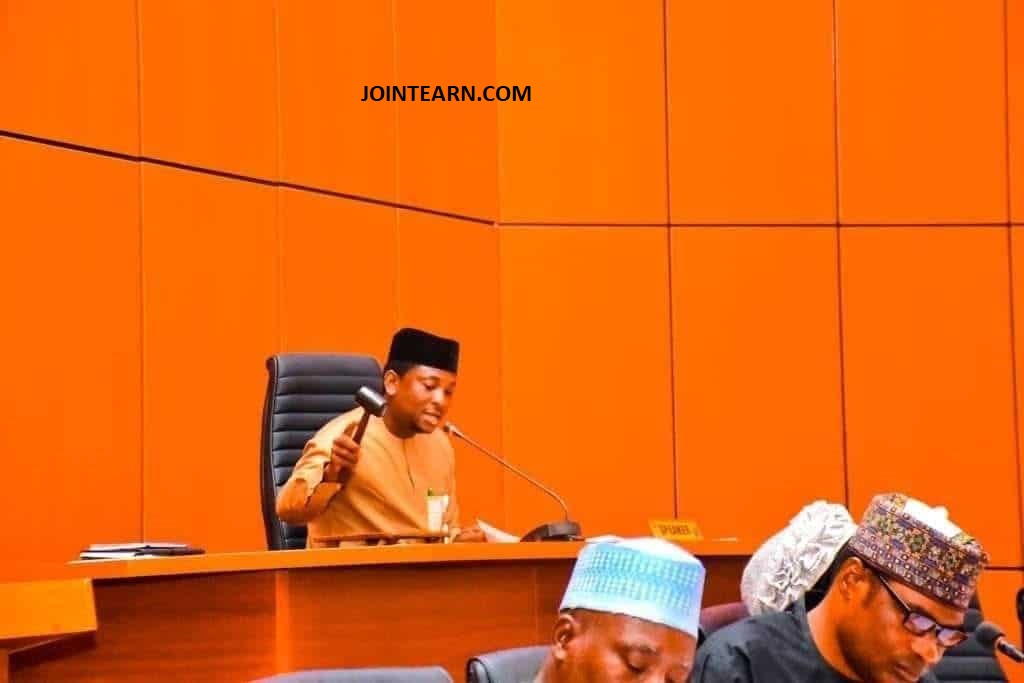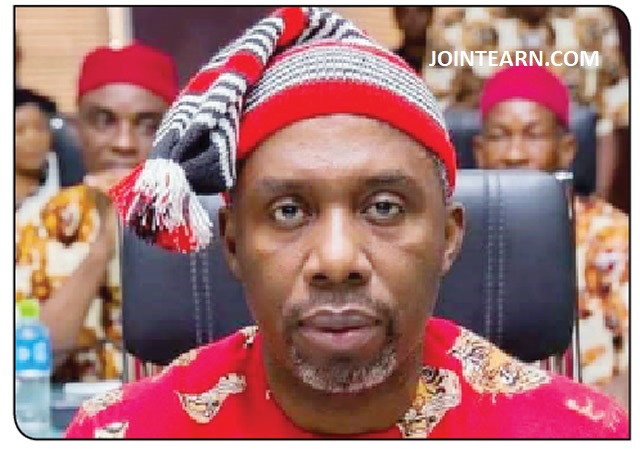In a significant move aimed at enhancing grassroots development, the Niger State House of Assembly has passed a total budget of ₦151.7 billion for the 25 Local Government Areas (LGAs) of the state for the 2025 fiscal year. The budget, which was approved during a plenary session on Wednesday in Minna, marks a strong commitment by the state to prioritize local governance and infrastructure.
The appropriation, presented earlier by Governor Mohammed Umar Bago, was carefully deliberated upon by the legislative arm before being passed without major alterations. The approval comes at a time when the state government is under increasing pressure to improve service delivery and boost local economies through functional and responsive councils.
Focus on Infrastructure, Agriculture, and Education
According to the approved document, the 2025 budget for LGAs will place strong emphasis on critical sectors such as rural infrastructure, primary education, primary healthcare, agriculture, and sanitation.
Out of the ₦151.7 billion approved, a significant portion—₦97.3 billion—has been allocated for recurrent expenditure, which includes staff salaries, pensions, and day-to-day administrative operations across the LGAs. The remaining ₦54.4 billion is earmarked for capital expenditure, focusing on projects that will directly impact the local communities.
Chairman of the House Committee on Local Government and Chieftaincy Affairs, Hon. Baba Suleiman, who presented the committee’s report, noted that the 2025 budget was the most “comprehensive and development-driven” proposal seen in recent years for the LGAs.
“This is a budget that speaks directly to the needs of the grassroots,” Suleiman said. “It addresses infrastructure deficits, the need for better schools, more responsive health centers, and a stronger agricultural base. It is also well-aligned with Governor Bago’s rural transformation agenda.”
Assembly Urges Strict Monitoring and Accountability
While applauding the proposal, lawmakers underscored the need for transparency and accountability in the implementation of the budget. During the plenary, several members emphasized that the funds must be judiciously used and that local government officials must be held accountable for results.
Speaker of the Assembly, Hon. Abdulmalik Sarkin-Daji, who presided over the session, stressed that the Assembly would not tolerate any form of mismanagement or diversion of public funds.
“We have passed this budget in good faith, and we expect that local government administrators will deliver as promised. Our oversight functions will be more rigorous this year to ensure that the people of Niger State see the benefits of this massive allocation,” he warned.
He also called for increased citizen participation in governance at the local level, urging community leaders to engage with their councils and demand service delivery.
Breakdown of Sectoral Allocations
Further analysis of the budget indicates that the education sector is receiving an allocation of ₦18.5 billion, representing a significant increase from last year’s figures. This allocation is intended to fund renovation of dilapidated classrooms, provision of learning materials, and recruitment of more qualified teachers.
The healthcare sector follows closely with ₦15.2 billion, earmarked for revitalizing primary health centers, recruitment of health workers, and acquisition of medical equipment for rural hospitals.
Agriculture—a cornerstone of the state’s economy—will receive ₦10 billion for mechanization programs, provision of fertilizers, and capacity-building for local farmers. An additional ₦6 billion has been set aside for water and sanitation projects, targeting the provision of potable water and improved waste management in rural communities.
Rural road construction and rehabilitation will receive ₦5.5 billion to open up inaccessible areas and facilitate easier movement of people and farm produce.
Governor Bago Commends Assembly
Reacting to the swift passage of the budget, Governor Umar Bago lauded the State Assembly for its collaboration and commitment to the state’s development goals. In a statement released by his Chief Press Secretary, the governor said the approval of the local government budget sets the tone for rapid rural development in 2025.
“This budget represents our unwavering dedication to empowering the grassroots and ensuring that no part of Niger State is left behind,” Governor Bago said. “With the Assembly’s support, we are now ready to commence implementation, and we will make sure that every kobo allocated is spent for the benefit of our people.”
The governor also assured that monitoring teams would be deployed across the 25 LGAs to track project execution and ensure value for money.
Citizens React with Cautious Optimism
The announcement of the budget has generated reactions among citizens, especially at the local government level. While many have expressed optimism about the focus on education, health, and agriculture, others have urged the government to go beyond paperwork and ensure actual implementation.
A community leader in Paikoro LGA, Alhaji Ibrahim Maikudi, said the budget is impressive on paper but noted that its success would depend on proper execution.
“We’ve seen beautiful budgets in the past that never translated to anything tangible on the ground. This time, we hope things will be different. Our roads are bad, our schools are falling apart, and our clinics have no drugs,” he said.
A teacher in Agaie LGA, Mrs. Hauwa Sule, welcomed the increased allocation to education but called for prompt payment of teachers’ salaries and better working conditions.
“If the government is serious, they must ensure that teachers are motivated. We can’t keep working without tools and expect miracles,” she said.
Conclusion
The passage of the ₦151.7 billion local government budget by the Niger State House of Assembly is a bold step toward advancing grassroots development in 2025. With strategic investments in infrastructure, education, healthcare, and agriculture, the blueprint offers a clear opportunity to address the longstanding developmental gaps in rural areas. However, the true test lies in transparent and effective implementation—a task the people of Niger State will be watching closely.












